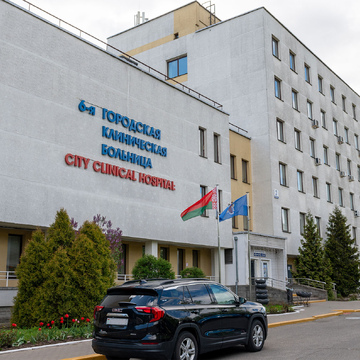
Virological studies are laboratory tests that allow to identify viral infections, determine their activity, type and stage of the disease. The studies are used to diagnose acute and chronic viral infections, monitor the effectiveness of treatment and evaluate the immune response.
When are virological tests required?
In case of suspected viral infections (hepatitis B and C, HIV, herpes, cytomegalovirus, human papillomavirus). In cases of diagnosis of acute respiratory viral infections, influenza, COVID-19, measles, rubella, mumps. To detect latent viral infections, chronic viral diseases, oncogenic viruses. When planning pregnancy, immunodeficiency states, organ transplantation.
Types of virological studies
- PCR analysis (polymerase chain reaction) – detection of DNA or RNA of the virus, high diagnostic accuracy.
- Enzyme-linked immunosorbent assay (ELISA) – determination of antibodies to viruses, assessment of the immune response.
- The cultural method is the cultivation of viruses in laboratory conditions for their identification.
- Serological tests – determination of antibody levels, establishment of the stage of infection.
- Rapid tests – detection of viruses in a short time (for example, test for COVID-19, flu).
How does the research proceed?
Blood, nasopharyngeal swabs, urine, saliva, cerebrospinal fluid or other biomaterial are used for analysis. Depending on the diagnostic method, the results may be ready within a few hours or a few days.
The main advantages of virological research
Highly accurate diagnostics of viral infections at early stages. Possibility of determining the activity of the virus, stage of the disease, immune response. Safety, non-invasiveness, control of treatment effectiveness.
Why is it worth undergoing virological tests in Belarus?
Belarusian laboratories are equipped with modern diagnostic systems that ensure accurate detection of viral infections. Experienced specialists conduct research with high information content and data interpretation.









